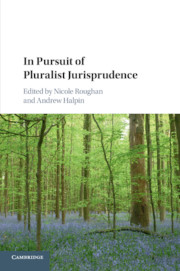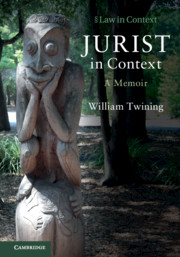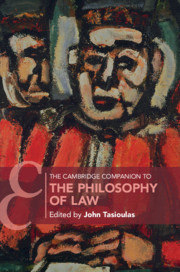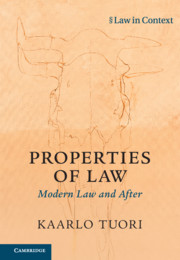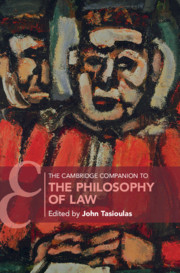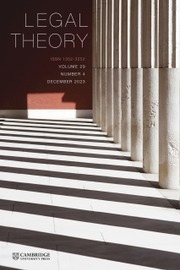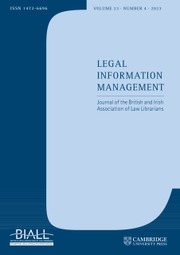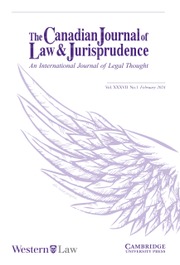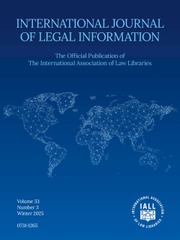In Pursuit of Pluralist Jurisprudence
The pluralist turn in jurisprudence has led to a search for new ways of thinking about law. The relationships between state law and other legal orders such as international, customary, transnational or indigenous law are particularly significant in this development. Collecting together new work by leading scholars in the field, this volume considers the basic questions about what would be an appropriate theoretical response to this shift: how precisely is it to be undertaken? Is it called for by developments in legal practice or are these adequately addressed by current legal theory? What normative challenges are raised, and what fresh promises might the pluralist turn hold? What distinctive insights can it offer for theorising about law? This book presents a rich variety of resources drawn from a number of theoretical approaches and demonstrates how they might be brought together to generate an increasingly important pluralist jurisprudence.
- Provides the reader with tools for thinking through the key challenges raised by the relationship of state and non-state law
- Introduces contrasting perspectives for readers with different intellectual backgrounds, while showing how these approaches might share common features and concerns
- Presents a variety of theoretical approaches in one place, as pathways into the broader pluralist literature represented by each
Reviews & endorsements
Advance praise: ‘This collection of high quality contributions is a must-read for anyone interested in the various challenges in theorising the phenomena of non-state law. It is the first book of its kind to recognize that while theoretical work on the emergence and prevalence of non-state law has grown exponentially over the last twenty years, to date there has been no sustained reflection on the methodological commitments and goals of such work. Roughan and Halpin have done remarkably well in drawing together a truly impressive range of scholars from diverse disciplines to begin such an investigation.' Michael Giudice, York University, Toronto
Advance praise: 'What are the prospects of theories of law beyond, within and without state law? In particular, what novel conceptual and normative challenges do theories of legal pluralism grapple with? These and related questions are at the heart of this fascinating collection of essays, which offer a rich range of perspectives by leading theorists in this burgeoning field of inquiry.' Hans Lindahl, Tilburg Law School, the Netherlands
Product details
August 2017Adobe eBook Reader
9781316880043
0 pages
0kg
This ISBN is for an eBook version which is distributed on our behalf by a third party.
Table of Contents
- 1. Introduction Nicole Roughan and Andrew Halpin
- 2. Do lawyers need a theory of legal pluralism? Roger Cotterrell
- 3. Legal reasoning in pluralist jurisprudence: the practice of the relational imagination Maksymilian Del Mar
- 4. Pluralising constitutional jurisprudence Cormac Mac Amhlaigh
- 5. Law and recognition: towards a relational concept of law Ralf Michaels
- 6. The many uses of law. Interactional law as a bridge between instrumentalism and law's values Sanne Taekema
- 7. Why the state? Joseph Raz
- 8. A genealogical perspective on pluralist jurisprudence Detlef von Daniels
- 9. Two conceptions of pluralist jurisprudence Stefan Sciaraffa
- 10. The gap between global law and global justice: a preliminary analysis Neil Walker
- 11. Plural pluralities of law Margaret Davies
- 12. Postcolonial jurisprudence and the pluralist turn: from making space to being in place Kirsten Anker
- 13. Legal pluralism and the value of the rule of law Martin Krygier
- 14. Conclusion: the pursuits and promises of pluralist jurisprudence Nicole Roughan and Andrew Halpin.

